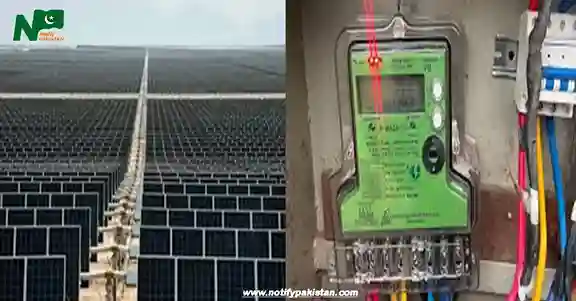ISLAMABAD – The Pakistani government had concerns about solar net metering, as the ongoing increase in net metering installations impacted the capacity to regulate capacity charges. The upward market was introducing net metering systems rapidly, which was causing further issues.
The current administration intends to reduce the rates paid to customers who use net metering to generate solar power a viewpoint that is controversial and attracts criticism.
Related News: FBR Launches Tajir Dost Scheme on April 1st
According to a local journal, there has been a rise in the adoption of solar power, with installed capacity reaching 3,000 megawatts.
New Rates for Solar Net Metering
The coalition administration plans to reduce the rate of excess electricity given back into the grid from Rs21 per unit as of April 2024 to Rs11 per unit, which will mean a loss of Rs10 per unit for solar power providers.
Despite the mounting concerns, the administration pointed to the cost of capacity charges paid to Independent Power Producers (IPPs), which are incurred whether or not the government buys power from IPPs.
The surge in demand for solar panels affected the government’s capacity payment plan. The government maintains that current rates allow consumers to pay back their solar panel installation expenses in about 18 months, while power supply companies are requesting an extension of this payback period to 10 years.

